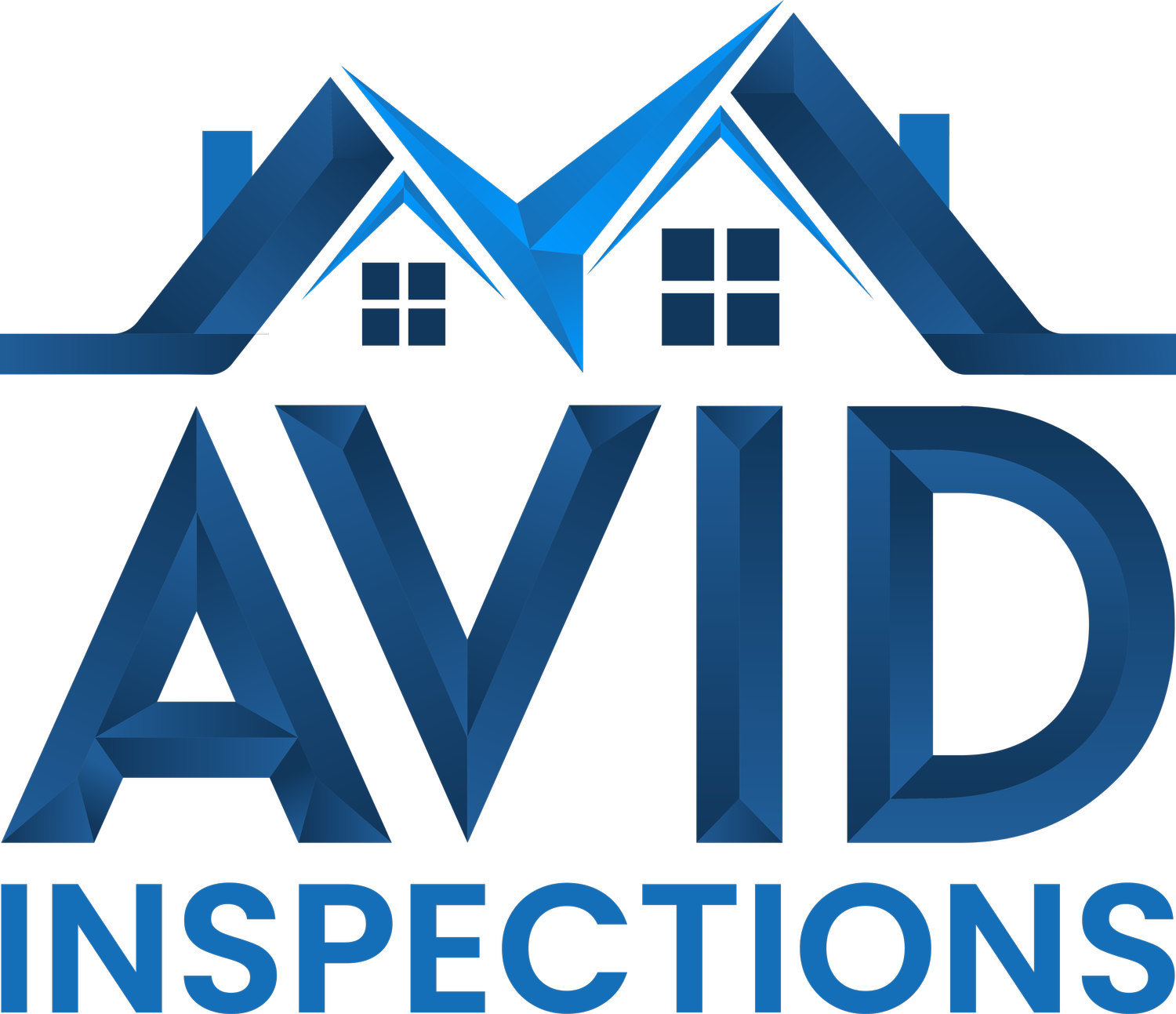Understanding Your HVAC System: Tips for New Homeowners
Understanding Your HVAC System: Tips for New Homeowners
As a new homeowner, you’ve likely been introduced to the many systems that keep your home comfortable and functional, and one of the most critical is your HVAC system. Short for Heating, Ventilation, and Air Conditioning, your HVAC system is responsible for regulating your home’s temperature, air quality, and overall comfort year-round. Learning how to properly maintain and use this system can save you money, prevent unexpected breakdowns, and keep your home environment safe. In this blog, we’ll provide key tips to help new homeowners understand and care for their HVAC system.
1. Know the Components of Your HVAC System
Before diving into maintenance tips, it’s important to understand the basic components of your HVAC system:
• Furnace: Heats your home in colder months and is usually located in a basement, garage, or utility closet.
• Air Conditioner (AC): Cools your home during warmer months, with the condenser unit typically located outside.
• Ductwork: Distributes heated or cooled air throughout your home.
• Thermostat: Controls the temperature settings and allows you to regulate the system.
• Air Filters: Trap dust, allergens, and debris to improve indoor air quality and protect the HVAC system.
Understanding how these components work together will make maintenance and troubleshooting easier.
2. Change Your Air Filters Regularly
Air filters play a vital role in keeping your HVAC system efficient and your indoor air clean. Over time, filters become clogged with dust and debris, reducing airflow and forcing your system to work harder. This can lead to higher energy bills and unnecessary wear and tear on the system.
• How often to change filters: Every 1-3 months, depending on factors like pets, allergies, and usage.
• Tip: Set a reminder to check your filters monthly and replace them as needed.
3. Schedule Regular Professional Maintenance
Your HVAC system requires periodic professional check-ups to ensure it’s running efficiently and to catch potential issues before they become major problems. Schedule the following:
• Spring: Have your air conditioner serviced before summer to ensure it’s ready for peak performance.
• Fall: Schedule a furnace tune-up to prepare for the winter heating season.
During these visits, technicians will inspect, clean, and test components, ensuring your system operates safely and efficiently.
4. Understand How to Use Your Thermostat
Your thermostat is the control center of your HVAC system. Learning how to use it effectively can improve comfort and reduce energy costs:
• Program the thermostat: If you have a programmable or smart thermostat, set schedules for heating and cooling based on when you’re home or away. For example:
• Lower the heat during the day while you’re at work.
• Increase the cooling overnight to save energy while you sleep.
• Upgrade to a smart thermostat: Smart thermostats allow you to control your HVAC system remotely, optimize energy usage, and track performance.
5. Keep the Outdoor Unit Clear
Your air conditioner’s outdoor condenser unit needs proper airflow to work efficiently. Check the area around the unit regularly:
• Remove leaves, grass clippings, and debris from the unit.
• Trim back bushes or plants to maintain at least 2 feet of clearance on all sides.
• Wash the condenser fins with a garden hose (on a low-pressure setting) to remove dirt and improve performance.
6. Check for Leaks and Blockages
Leaky ducts and blocked vents can reduce efficiency and lead to uneven heating or cooling in your home. Inspect the following:
• Ductwork: Look for visible cracks or loose connections, and seal them with HVAC-specific tape or mastic.
• Vents: Ensure vents and registers are open and unobstructed by furniture, rugs, or curtains to allow proper airflow.
7. Monitor Energy Bills for Warning Signs
A sudden increase in your energy bills could indicate that your HVAC system isn’t operating efficiently. Common causes include:
• Dirty air filters.
• Leaks in the ductwork.
• A malfunctioning thermostat or failing system components.
If you notice a spike in energy costs, consider having your system inspected by a professional.
8. Learn the System’s Age and Expected Lifespan
Knowing the age of your HVAC system and its expected lifespan can help you plan for replacement. Typical lifespans are:
• Furnace: 15-20 years.
• Air Conditioner: 10-15 years.
• Heat Pump: 10-15 years.
If your system is nearing the end of its lifespan, start budgeting for a replacement to avoid unexpected breakdowns.
9. Be Aware of Warning Signs
Pay attention to unusual sounds, odors, or performance issues that could signal a problem with your HVAC system:
• Loud noises: Banging, grinding, or screeching sounds could indicate mechanical issues.
• Uneven temperatures: Hot or cold spots in your home might mean airflow problems or a failing component.
• Strange odors: Musty smells could indicate mold in the ductwork, while burning smells could point to an electrical issue.
If you notice these warning signs, contact a professional technician immediately.
10. Invest in a Home Warranty or Maintenance Plan
Many HVAC companies offer maintenance plans that include regular tune-ups, discounts on repairs, and priority service. Alternatively, a home warranty can help cover the cost of repairs or replacement for your HVAC system if it fails unexpectedly.
Conclusion
Your HVAC system is one of the most important components of your home, providing year-round comfort and air quality. By understanding its parts, following a maintenance schedule, and addressing issues early, you can extend its lifespan, reduce energy costs, and enjoy a comfortable home environment. Take the time to care for your system now, and it will take care of you for years to come!
